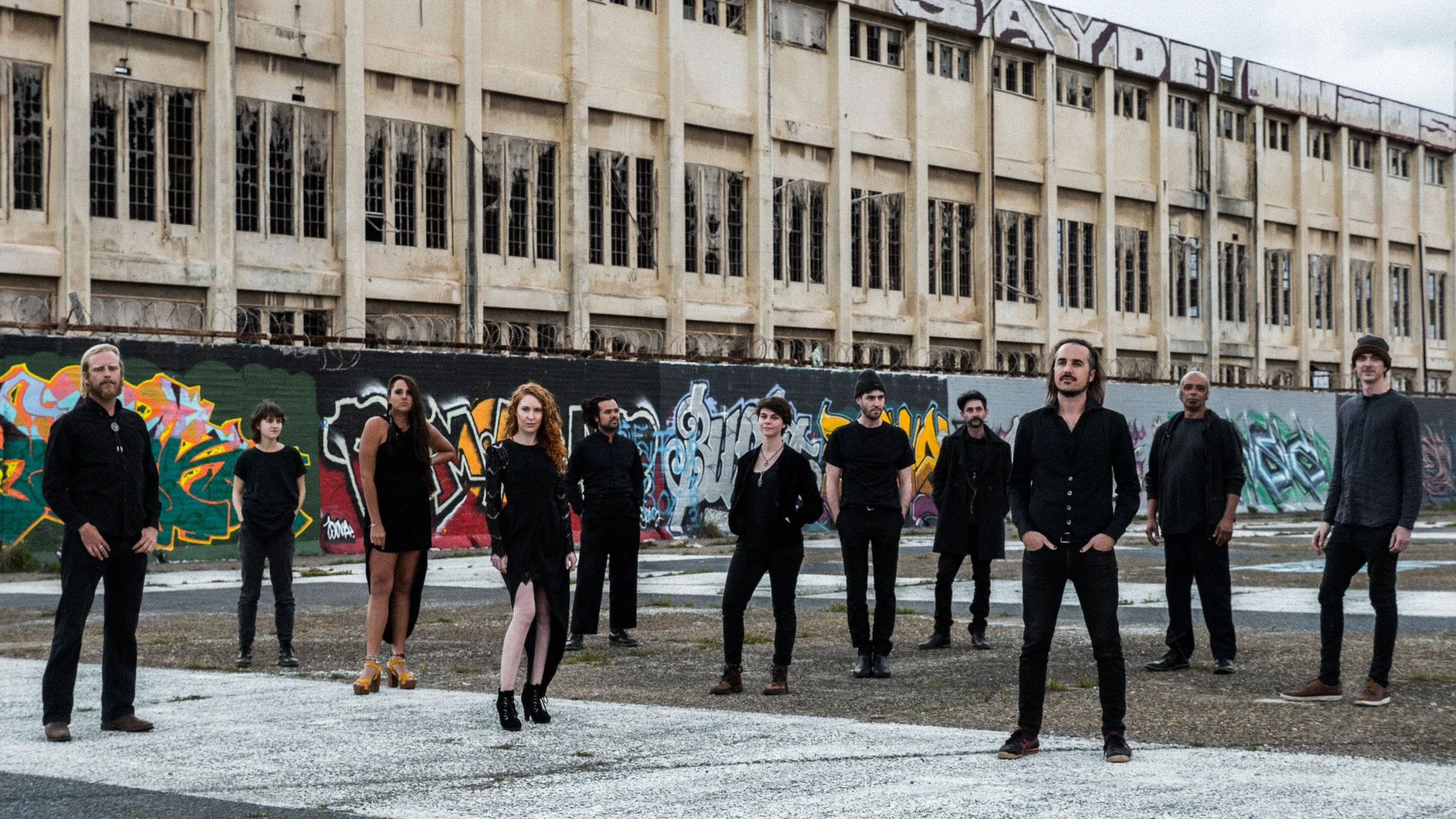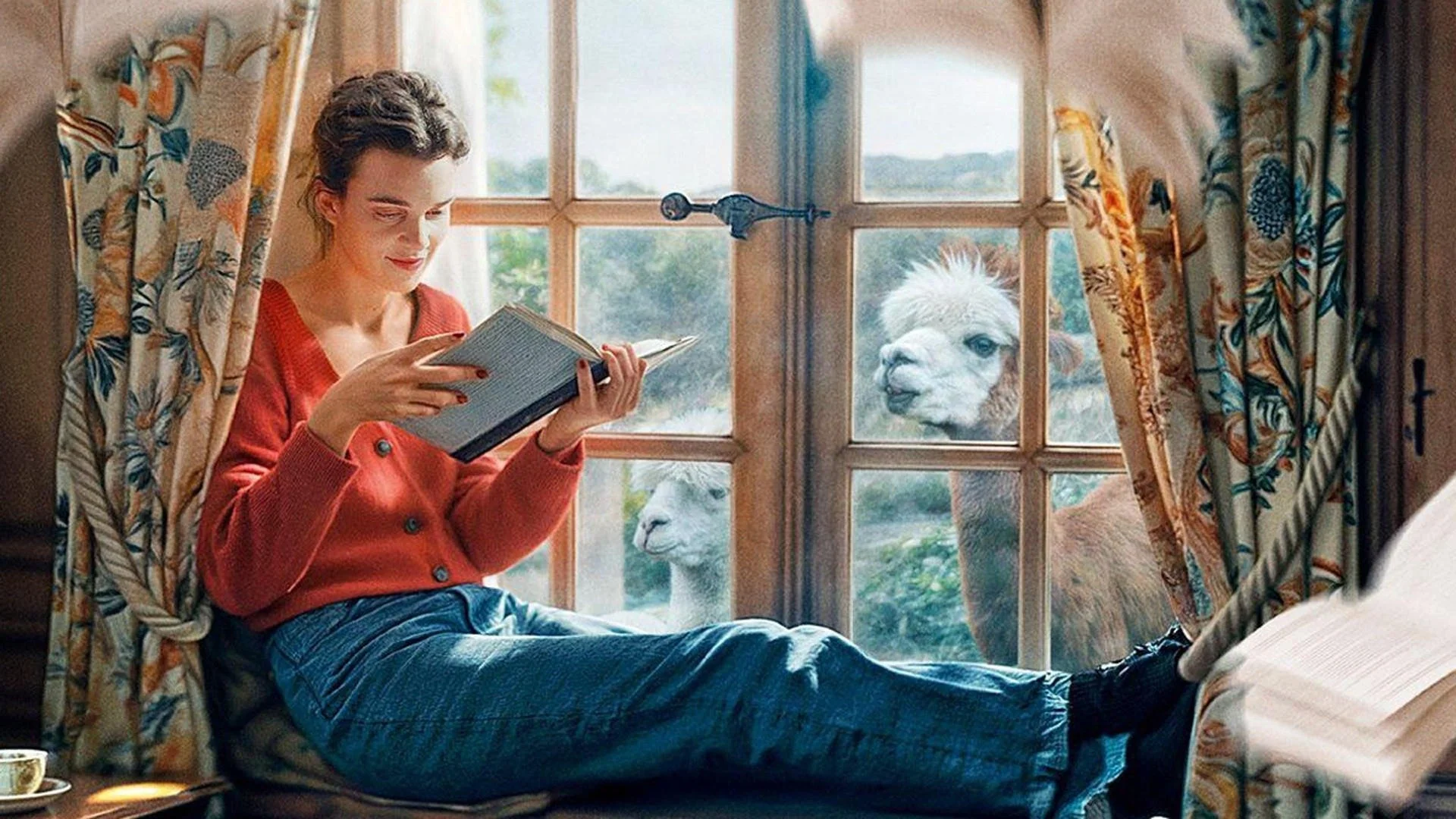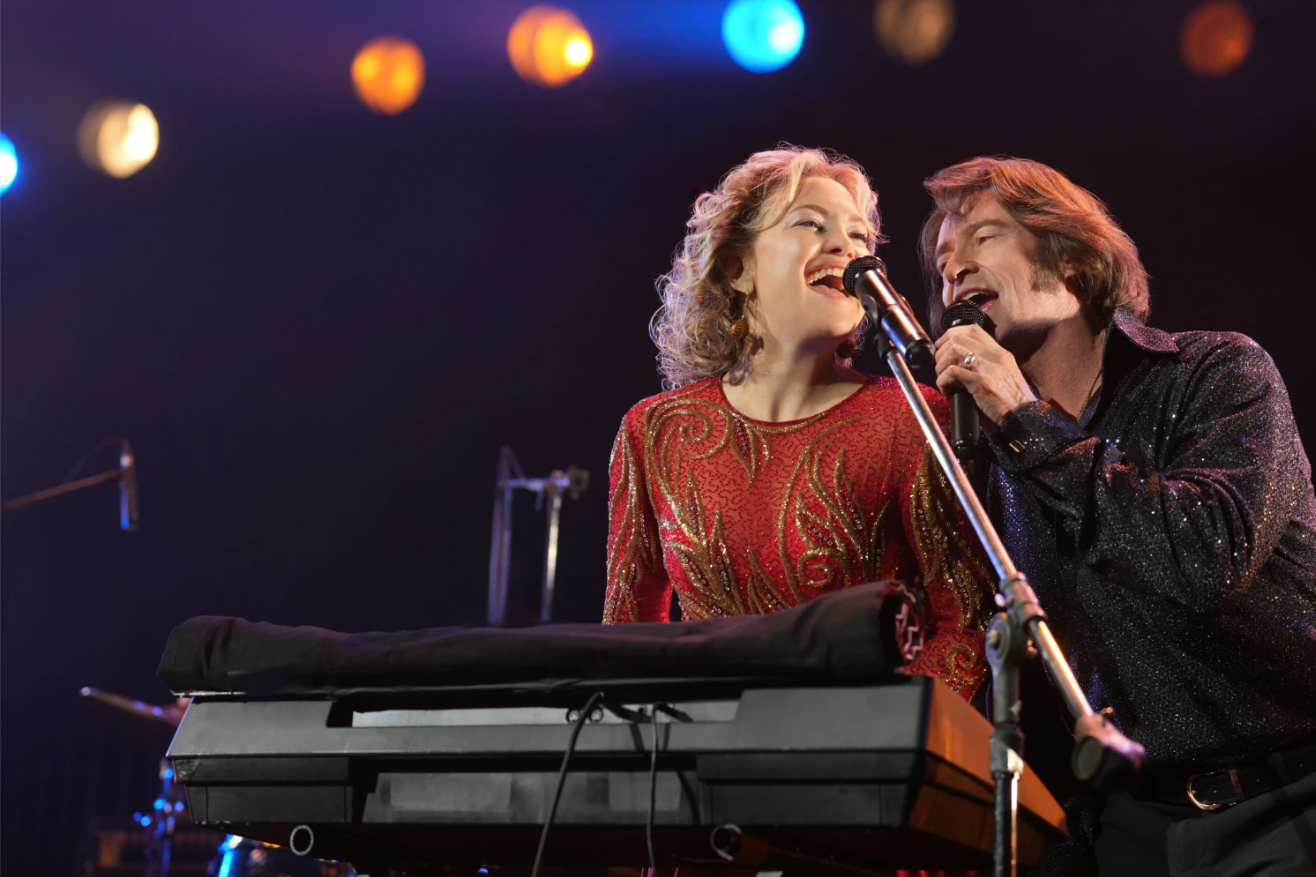In defence of Luca Guadagnino's "After The Hunt"
Luca Guadagnino's latest directorial effort has broken the pattern of post #MeToo films (think Promising Young Woman and She Said), which skew overly moralistic and self-aggrandising, and paint abusers as cartoonishly evil, indefensible characters the audience collectively agrees should be loaded into a pillory and pelted with rotten tomatoes.
In presenting such a complex issue in a safe, digestible fashion, the audience comes out feeling righteous and almost cleansed, practically skipping out of the theatre, resolved to make each other daisy chains and buy the world a Coke. It is absurd that a movie depicting an act with such an immense, complex emotional fallout should roll right off your back. With an approach confoundingly absent in films on the subject, After the Hunt leaves audiences with a lingering nausea and no emotional release, no common uniting feeling, the film’s primary focus not being the accused or accusee, but the person caught between them; it presents sexual assault through a lens as complicated as the issue itself.
After the Hunt is a psychological drama about Alma (Julia Roberts), a Yale philosophy professor whose favourite student Maggie (Ayo Edeberi) accuses Alma’s close (and maybe more than) friend and fellow professor, Hank, (Andrew Garfield) of sexual assault. We meet the three leads at a party thrown by Alma and her husband Frederik (Michael Stuhlbarg), where a debate sparks on the generational divide between the Gen X professors and Gen Z students, with Hank chastising the students for being afraid to offend, and Maggie criticising Hank for his sweeping judgements. Hank walks Maggie home, and the following day, she accuses him of sexual assault. The generational debate continues against the backdrop of the assault, the film’s focus straying from the act itself and shifting to the unravelling Alma, as she becomes more entangled with Maggie's narrative, confronts dark aspects of her past, and her frustration with the modern sociopolitical landscape mounts.
The script, penned by first-time screenwriter Nora Garrett, is at times clunky and on the nose, especially with Alma’s frequently cringey, shaking-fist-at-sky anti-Gen Z diatribe, and could afford to give more attention to Maggie, and flesh character her out beyond therapy speak and identity politics. This imbalance, however, does not give the film a particular allegiance to either side, thanks to Guadagnino's direction.
In a catatonic cinematic landscape that is erotic but not sensual, moral but not brave, and afraid to depict life’s messiness, Guadagnino is a shot of Narcan. A sumptuous director with a deep interest and curiosity about the mechanics of human relationships, he is deft at presenting them sensitively, such as in 2009’s Io Sono L'amore, or with heightened, playful camp, which he accomplished in last year’s smash, Challengers. He tailors his approach to what will best serve the story, and vigorously squeezes out the juice, resulting in works which are consistently decadent and alive. He approaches After the Hunt with heft, but also distance, leaning into the ambiguity of the characters’ truths and motivations; this, and his staunch refusal to take a moral stance or tell the audience what to think, draws a parallel to 2008’s Doubt, where Phillip Seymour Hoffman plays a priest accused of sexual abuse, and the audience is left to question his innocence. In After the Hunt, you see Alma’s intense emotions; the motor runs, but the mechanics are a mystery. Therein lies the distance; how can you feel complete empathy for someone when you don’t know their truth? There is little clarity, and, just as in life, when it comes, there is no relief, because the end result remains the same.
The parallel motifs of assault and generational divide could have easily made for a joyless viewing experience in another director’s hands, but Guadagnino’s verve gives it a potency, balancing the sour out with a dash of piquancy, giving the audience relief from the decidedly unfun subject matter. This relief comes when the film focuses on Alma and Frederik’s marriage. The purity of their relationship, the snapshots of their raw intimacy, cut right through the smog. Frederik puts Alma’s pills on her bedside table every morning before she awakes, and when she lays down on the couch, he sits beside her, lifting her feet and draping them over his lap. These mercifully pleasant moments add levity, giving you room to breathe before you’re thrown back into the lion’s den.
Towards the end of the film, Alma says to Maggie, “Not everything is supposed to make you comfortable. Not everything is supposed to be a lukewarm bath you sink into until you fall asleep and drown.”
I enact this line in defence of the film. Though it suffers from a lull in the second act, and a slightly janky script, After the Hunt overcomes its weaknesses by being a complex, nuanced film about a complex, nuanced subject, which, in 2025, is practically a miracle.
As I left the cinema, the most cohesive sentence I heard from a moviegoer was ‘I don’t know what to think’. The current prevailing method of depicting gendered violence in film (exemplified in films like Alex Garland’s Men) is to reduce the dimensions of violent characters so the audience has a clearer target to cast their frustration towards. It is too complicated to explore how individual experiences shape the way people act. Why aim for the real thing when you can get as much satisfaction from shooting a clay pigeon? There’s less cleanup, too. The boldest thing a modern filmmaker can do is intellectually stimulate the audience, and prompt them to reflect and dig below the surface.
After the Hunt is refreshingly uncomfortable, and challenges us to face life’s unrelenting chaos head on; most importantly, it prompts us to think.






